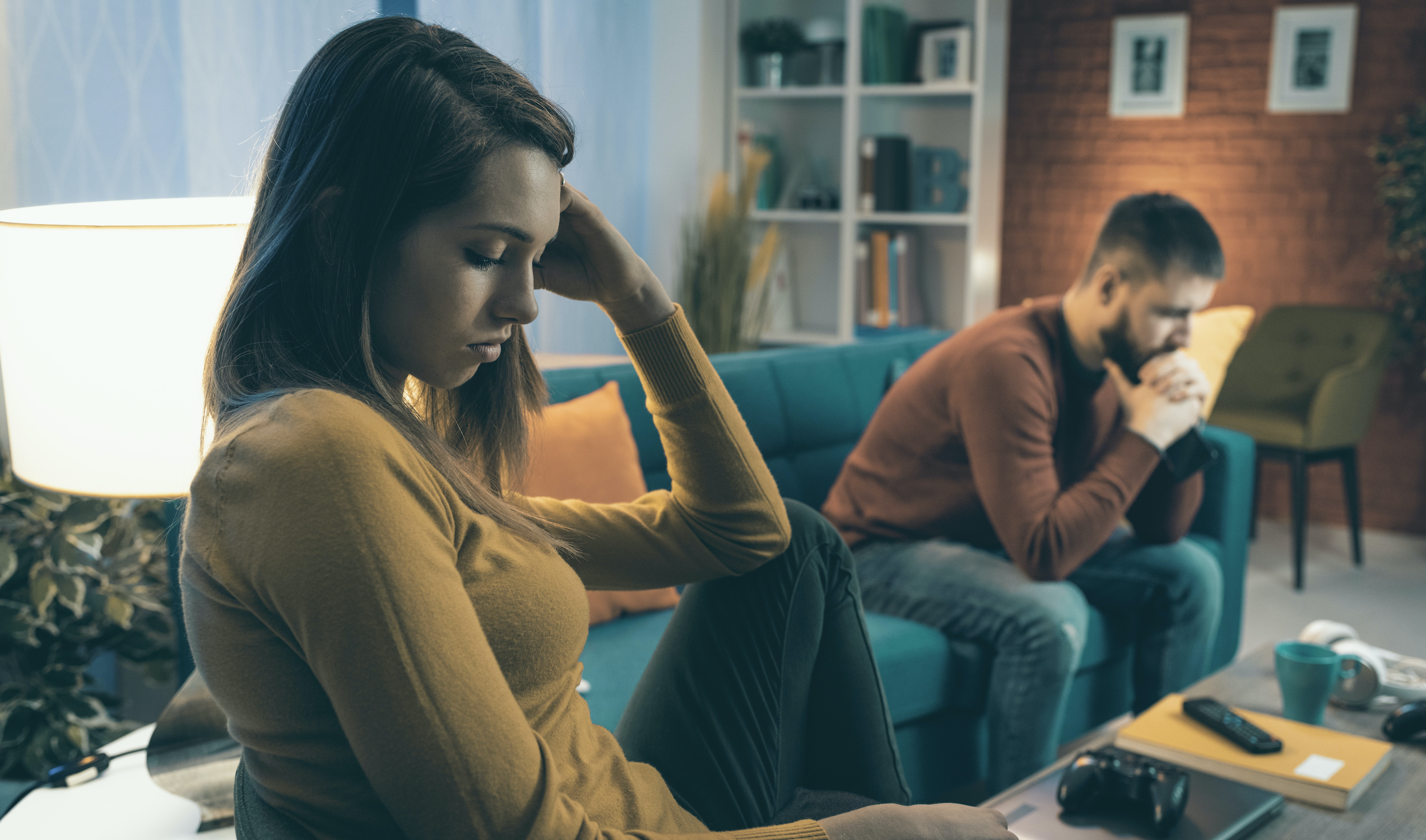Tag: Sweden
-

How to Expose Covert Abuse, Coercive Control and Gaslighting
The red-flags for covert abuse, coercive control and gaslighting in a toxic relationship usually take time to notice. We enter into coupledom in a state of vulnerability, with an open heart, and assuming our partner has the best intentions. When things go wrong, we might blame ourselves or start thinking we are unwell. Then we…
-

How to Reduce Rumination and Stress by Doing More and Thinking Less
Ruminating. Catastrophising. Panicking. All describe the breakdown of logical reasoning that happens when we are in such a state of anxiety that our thinking is paralysed. So how is it possible to stop going over and over a source of worry? The answer to reduce rumination isn’t more thinking, it’s more doing. Why Can’t I…
-

Keep Your Head: Managing Mental Health During Coronavirus in Sweden
Mental Health has become a buzzword expression around the world since the COVID19 pandemic began. When regulations and public health advice keeps us socially distant, how can go about managing mental health during Coronavirus to keep it together? The coronavirus COVID-19 is a source of stress for many English speakers in Sweden. While health authorities…
-

What To Do When Your Husband, Wife or Partner Refuses to Go to Couples Counselling
Relationship counselling starts too late for most couples and when one of the partners decides they need help, it’s not unusual for the spouse to be resistant to couples counselling. So what can you do if your partner won’t attend therapy? People often delay relationship counselling out of embarrassment or to avoid cost. Some partners…
-

Emotional Self Help Books for Expats and English Speakers in Sweden
I need help with Anger Management / Distraction / ADD / Overwhelming Emotions…(strike out what does not apply) …can you recommend any self help books for expats to read? Clients are often asking me for book recommendations. While self help books for expats aren’t the same as therapy or coaching sessions, they have their place…
-

Online Therapy or Face to Face Counselling?
Meet with me online or face to face in Stockholm For in-person ‘face to face’ therapy, counselling and coaching in English, click here For online counselling with an English speaking therapist and coach, click here
